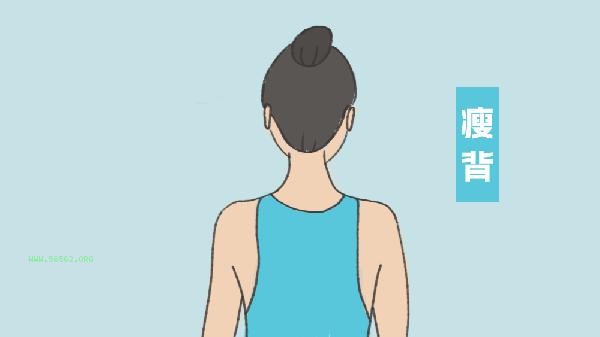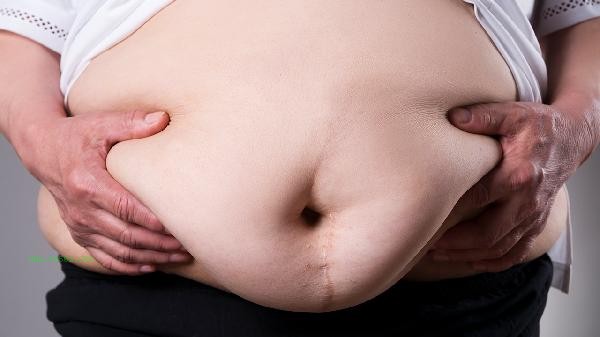constipation during dieting and weight loss can be improved by adjusting dietary fiber intake, increasing water intake, moderate exercise, regular sleep, and short-term use of laxatives if necessary. It is usually related to factors such as imbalanced dietary structure and slowed intestinal peristalsis.

1. Increase dietary fiber:
Daily intake of 25-30 grams of dietary fiber can effectively alleviate constipation. Recommend choosing whole grains such as oats and brown rice, paired with high fiber vegetables such as celery and spinach. Dietary fiber can soften feces and stimulate intestinal peristalsis after absorbing water and swelling. Attention should be paid to the sudden increase in fiber, which may cause bloating. It is recommended to gradually increase from 15 grams per day.
2. Ensure water intake:
Drinking 1.5-2 liters of warm water daily, and drinking 300 milliliters of warm water on an empty stomach in the morning can activate gastrointestinal reflexes. When there is insufficient water, the intestines will excessively absorb fecal water, leading to dryness. During weight loss, avoid using coffee or strong tea as a substitute for drinking water, as these drinks may exacerbate dehydration.
3. Perform abdominal exercises:

Perform 30 minutes of brisk walking or 10 minutes of abdominal massage every day, and press clockwise around the navel to promote colon peristalsis. Sitting for extended periods of time can weaken abdominal muscles and affect bowel movement. It is recommended to sit up and move for 5 minutes every hour, and the twisting posture in yoga can also help improve intestinal function.
4. Establish bowel habits:
Regularly go to the toilet after breakfast every day and use the gastrocolic reflex to promote bowel movements. Avoid inhibiting bowel movements, as prolonged holding can lead to a decrease in rectal sensitivity. You can try squatting on a low stool to make the rectal angle more conducive to defecation.
5. Short term medication assistance:
Permeable laxatives such as lactulose and polyethylene glycol can be used for a short period of time under the guidance of a doctor. Avoid long-term dependence on stimulant laxatives, which may damage the enteric nervous system. If constipation persists for more than 2 weeks or is accompanied by abdominal pain and bleeding, seek medical attention promptly to rule out organic diseases. During weight loss, it is recommended to maintain a daily basal calorie intake of at least 1200 calories, as excessive dieting can significantly reduce basal metabolic rate. It is recommended to adopt a high protein and low carbohydrate diet, such as choosing eggs with oatmeal for breakfast, having chicken breast and mixed grain rice for lunch, and steaming fish and blanched vegetables for dinner. Combining aerobic exercise three times a week with resistance training twice a week can prevent constipation and prevent muscle loss. Before going to bed, massage the abdomen clockwise 50 times with the center of the navel in the palm of your hand. Combined with abdominal breathing, it can improve intestinal blood circulation. Recording daily diet and bowel movements can help identify specific food factors that trigger constipation.





Comments (0)
Leave a Comment
No comments yet
Be the first to share your thoughts!